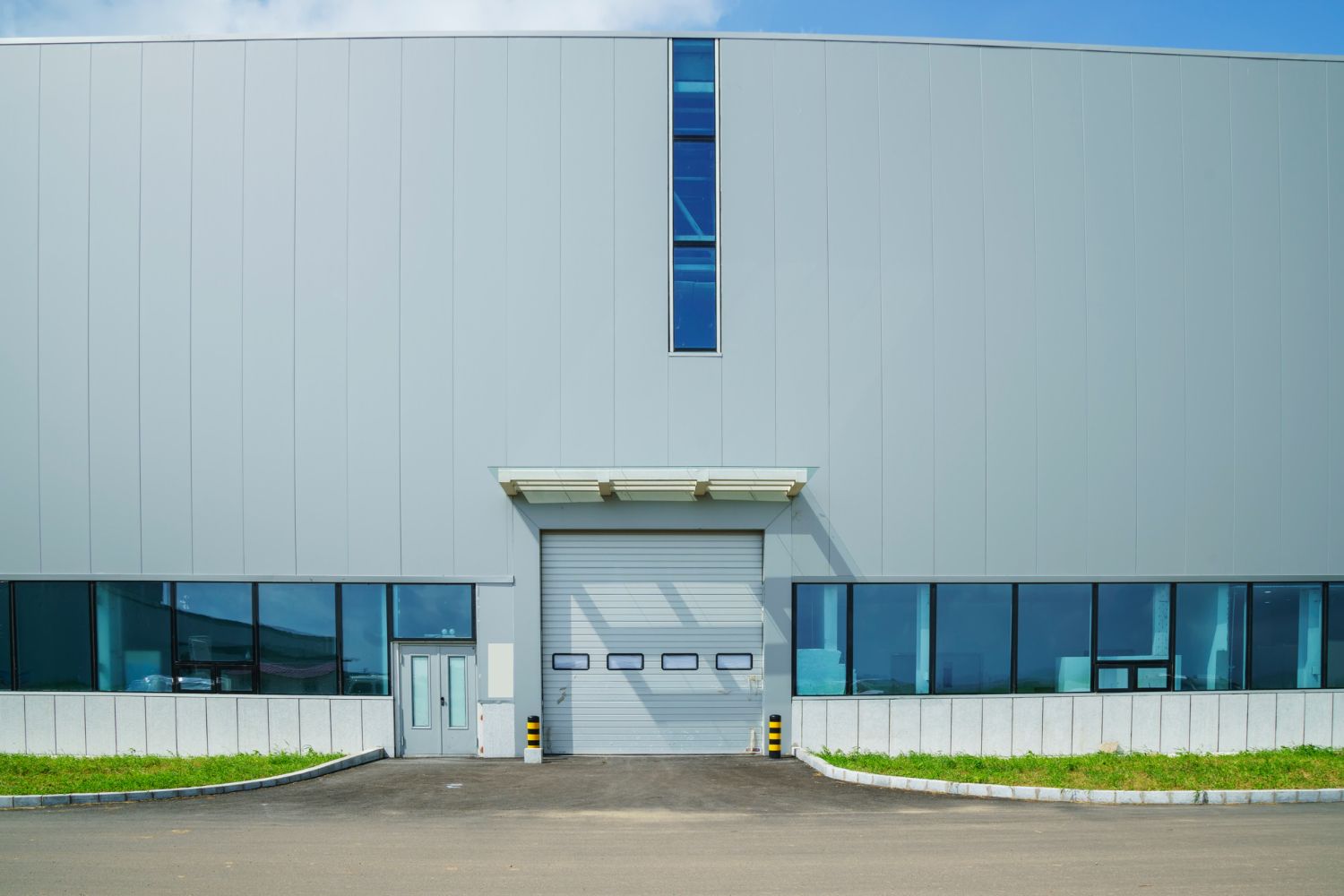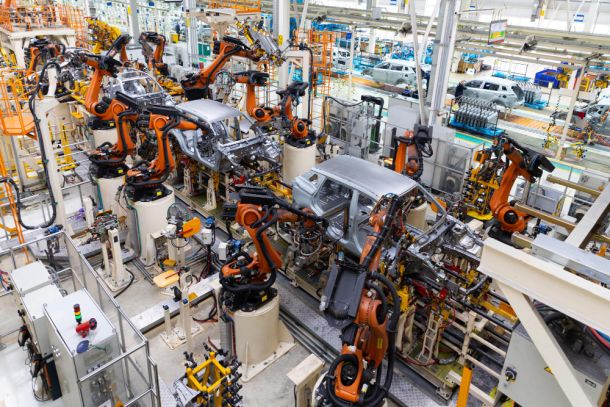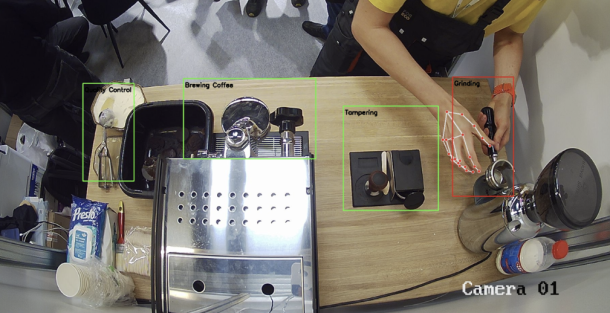Top 3 Companies Leading the Way in Manufacturing Automation
Automation has become a cornerstone of modern manufacturing, boosting efficiency, productivity, and quality. Many companies are leading the charge by adopting cutting-edge technologies that have transformed their operations. In this article, we'll delve into the success stories of three companies that have harnessed the power of automation to redefine their industries and achieve global prominence.
1. Tesla, Inc.
Tesla, a pioneer in electric vehicle (EV) manufacturing, has positioned itself as a leader in automation. The company operates state-of-the-art *Gigafactories*, which are emblematic of its commitment to innovation and efficiency. Tesla integrates several cutting-edge automation technologies, including:
- Robotized assembly lines that streamline the production of EVs and their components.
- Automated guided vehicles (AGVs) to transport materials across its factories, ensuring smooth, uninterrupted workflows.
- Intelligent manufacturing systems, driven by data and machine learning, optimize production in real time.
These technologies have allowed Tesla to rapidly scale production while maintaining the high standards required for their electric vehicles. The result? Tesla not only meets growing global demand but also sustains a competitive edge in the automotive industry by achieving efficiency and product quality.
2. Siemens
Siemens is a global leader in industrial automation, known for providing comprehensive solutions that transform traditional manufacturing facilities into smart factories. The company has a long-standing history of driving innovation across multiple industries, including energy, healthcare, and manufacturing. Siemens stands out with its emphasis on:
- Industrial Internet of Things (IIoT) integration, which allows seamless communication between machines, systems, and people, leading to more efficient and data-driven decision-making processes.
- Predictive maintenance systems, which help avoid costly downtime by analyzing data to predict when machinery will need repairs or servicing.
- Data analytics and digital twins, enabling companies to simulate, monitor, and optimize their production processes in real-time.
Siemens' focus on connecting machines and optimizing production through data-driven solutions has turned it into a cornerstone of modern industrial automation, helping manufacturers move towards more sustainable and productive operations.
3. ABB
ABB is renowned for its advancements in electrification and automation, with a strong emphasis on robotics and flexible manufacturing systems. ABB has been instrumental in developing technologies that empower industries to adopt smart, sustainable production. The company’s automation portfolio includes:
- Distributed control systems (DCS) that manage the continuous operation of large industrial plants, ensuring minimal downtime and maximum output.
- Over 300,000 ABB industrial robots in operation worldwide, providing flexible automation solutions across automotive, electronics, and food and beverage industries.
- Digitally enabled automation solutions that reduce waste and optimize energy consumption, contributing to more environmentally conscious production processes.
ABB’s innovation in robotics and automation not only enhances productivity but also promotes sustainability through energy-efficient manufacturing. By developing flexible, intelligent systems, ABB is paving the way for the future of manufacturing—one that is adaptable, sustainable, and efficient.
These companies exemplify the transformative power of automated production control systems. By integrating automation into their operations, Tesla, Siemens, and ABB have achieved substantial improvements in productivity, quality, and sustainability, setting the stage for the future of smart manufacturing.
Their success stories demonstrate that automation is not just a trend but a vital strategy for businesses looking to stay ahead in today’s competitive industrial landscape.












